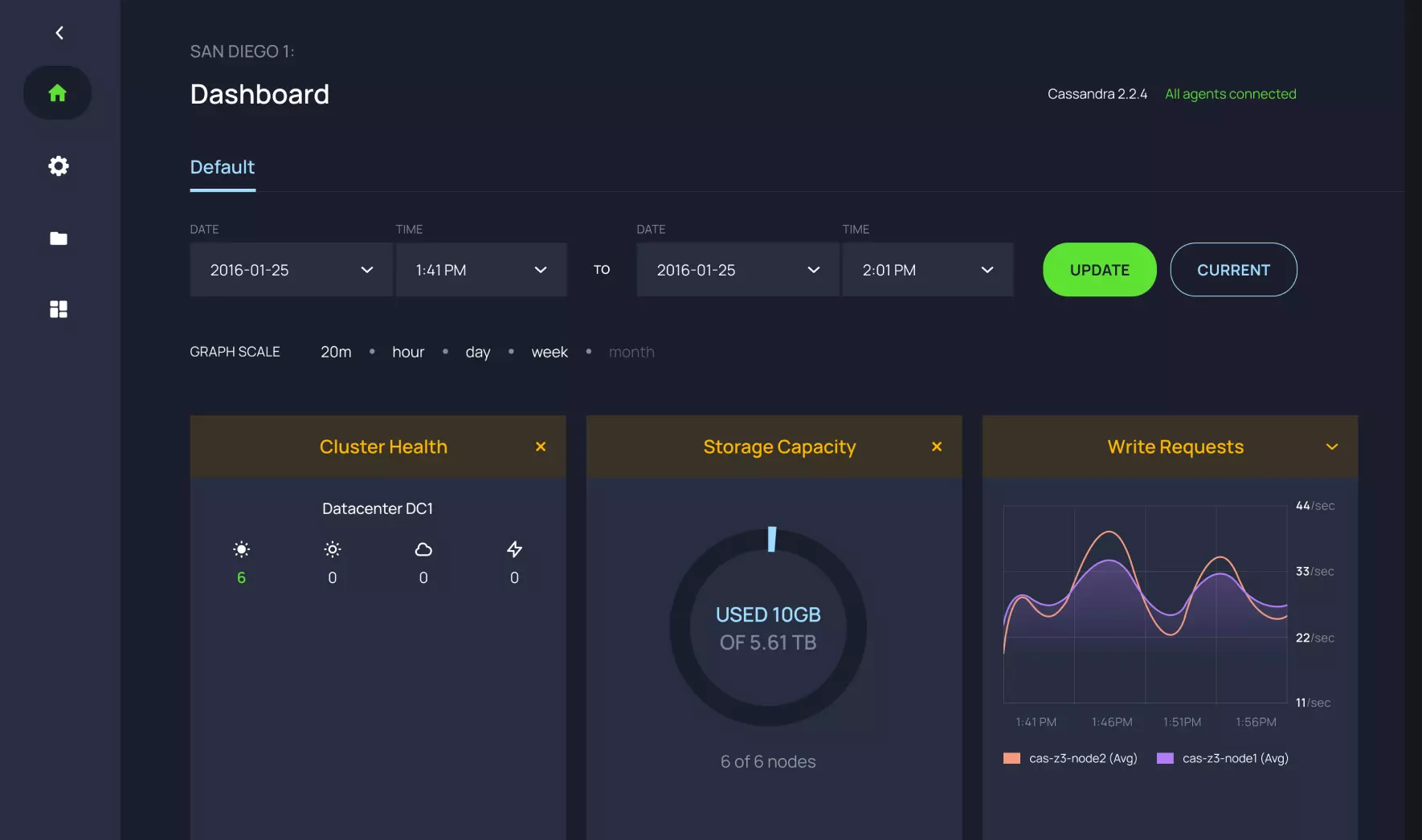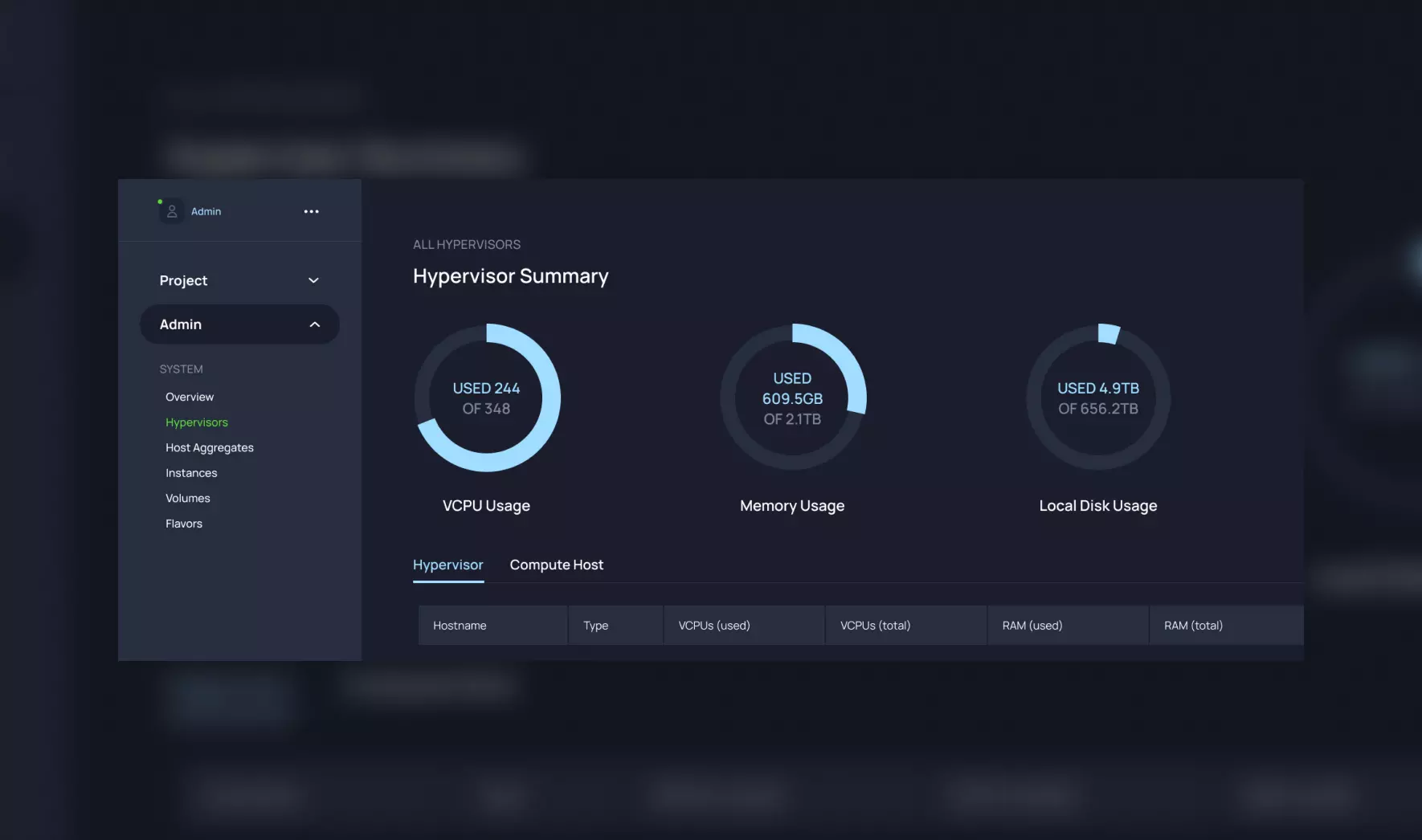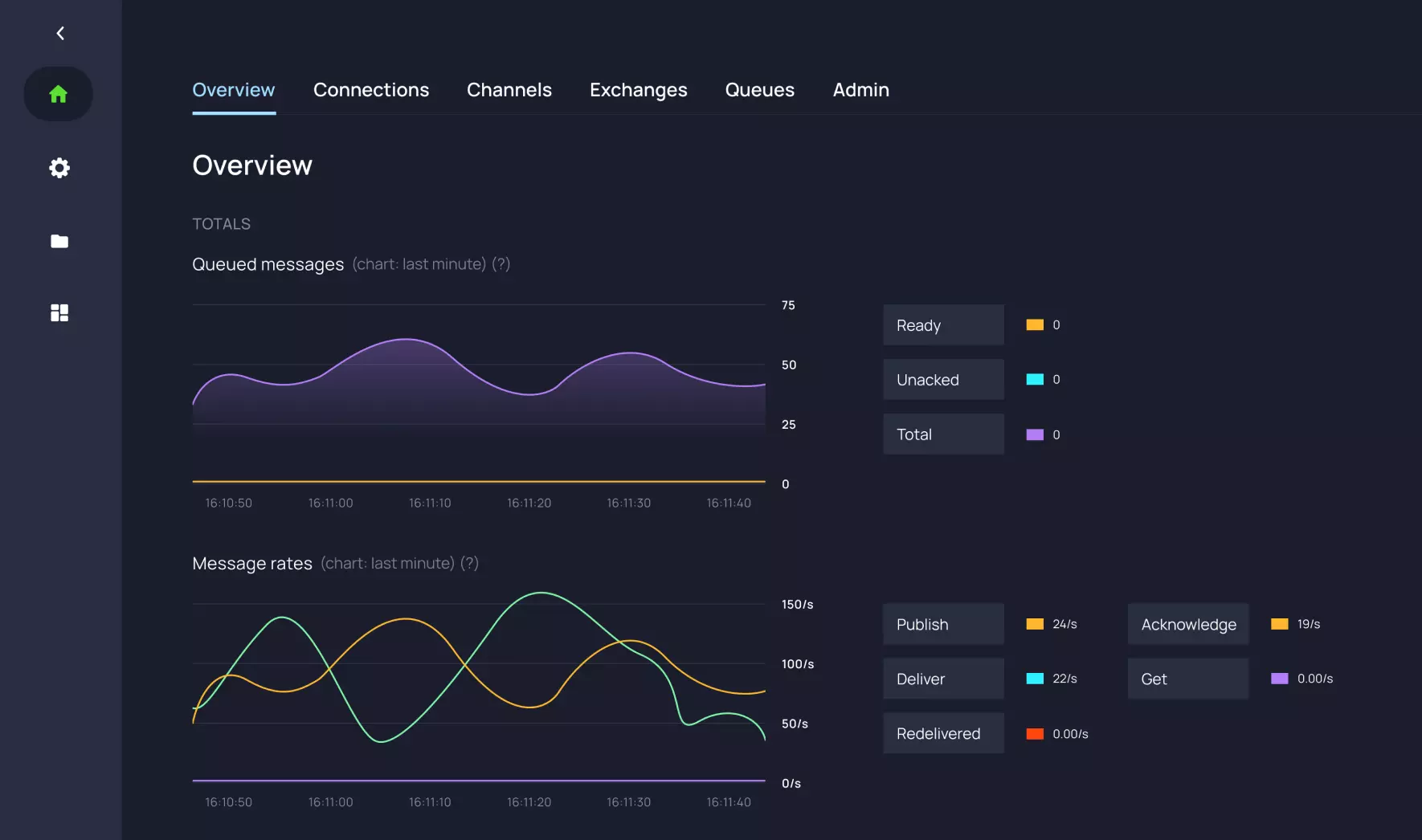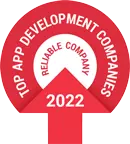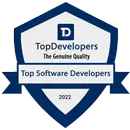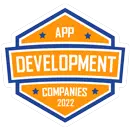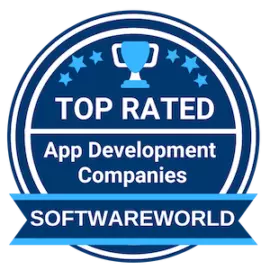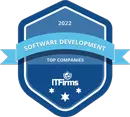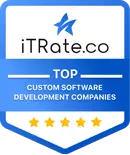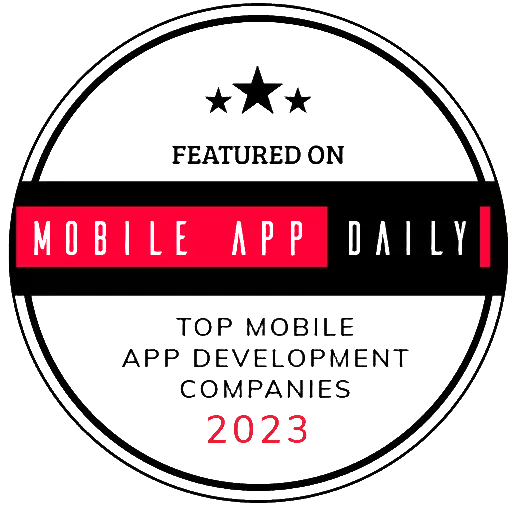Building a Distributed, High-Load IoT Platform for Healthcare
A healthcare manufacturer turned to Altoros to create a scalable, HA cloud system capable of collecting, storing, and processing terabytes of data generated by 300,000+ medical devices in real time.
Description
Brief results of the collaboration:
- New applications and functionality can be implemented 30% faster.
- Containerization has led to improved infrastructure utilization and substantial cost savings. This way, the customer uses fewer servers and less electricity.
- The time required to document an emergency case has shrunk by 95%, from 120 minutes to 5 minutes.
- The number of manual steps that should be performed by medical staff has been reduced by 58%. As a result, nurses need 25% less time to program the devices. As human error has also been minimized, hundreds of lives are saved each year now.
The customer
The customer is one of the largest global healthcare companies with $48 billion in annual revenue. It operates a fleet of 300,000+ medical devices spread across approximately 2,000 healthcare facilities. The organization handles more than 5 TB of data per day.
The need
Initially, the IoT device system offered by the customer was supplied with a hardware server—with no scalability or fault tolerance. The only way to maintain the product was to send an engineer to each healthcare location, which led to enormous amount of maintenance work. So, the customer wanted to move the IoT platform to the cloud and eliminate most of the routine support activities for local on-site installations.
When the company turned to Altoros for the cloud, PaaS, and IoT expertise, there were still hundreds of such deployments across various healthcare organizations.
The challenges
The team faced specific requirements:
- For a mission-critical system like that, the focus on availability was very important.
- Working with sensitive patient data in a highly regulated environment, the system needed to meet strict security demands.
- The customer expected the write throughput of 5,000–10,000 messages per second with a latency of <0.1 s.
- The future goal was to serve up to 10,000 healthcare facilities, with the ability to scale to millions of connected devices.
The solution
Working closely with the customer, Altoros helped the company to choose the most appropriate technology stack for the solution, benchmarking tools against specific scenarios. Taking into account the strict requirements for availability, security, and scalability, our senior software architect provided a vision of how the technologies would fit into the microservices model of the IoT platform.
By adopting OpenStack (as an IaaS) and Cloud Foundry (as a PaaS), the team accelerated the delivery of the IoT system’s components, automating up to 90% of all routine activities related to application life cycle management.
Redundancy, replication, backup/restore, the microservices approach, and other measures ensured high availability (HA). In particular, redundancy was achieved by distributing cloud services across 3 availability zones.
Data collected from the devices was stored in Cassandra, which served as a linearly scalable cluster and was regionally distributed. MariaDB Galera Cluster stored relational data, while Redis Sentinel served for caching. RabbitMQ was used for queueing and messaging, while a distributed Spark–Hadoop cluster analyzed device data.
Cisco ASA 55xx VPN devices provided secure connectivity for remote customer locations.
The support team at Altoros introduced Zabbix to ensure ongoing full-stack monitoring and adopted the ELK stack for app log aggregation and indexing. This helped to timely fix issues across the components and services. Finally, our DevOps experts provided technical guidance on Cloud Foundry–related notions, such as security groups, quotas, etc.
5 TB
data
per day
1.5 M
patients
served
58%
less manual
steps
The outcome
With Cloud Foundry, Altoros was able to deliver a minimum viable product (MVP) in 180 days. Once the pilot version of the cloud platform was built, the customer moved on to developing new features and further automation. With the cloud IoT platform based on Cloud Foundry, new applications and functionality can be implemented 30% faster. By using containers, the customer cut a number of servers, reducing electricity consumption and infrastructure costs. Minimizing human error via automating nurses’ manual routines, hundreds of lives are saved each year now.
Seeking a solution like this?
Contact us and get a quote within 24 hours















